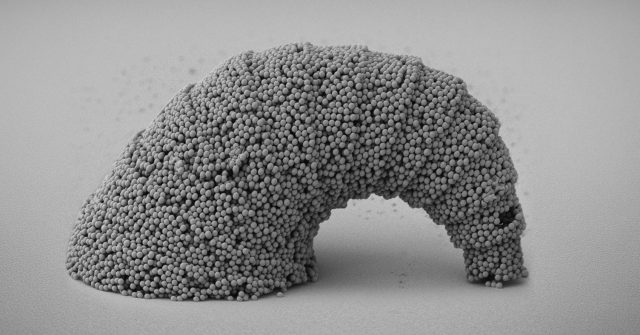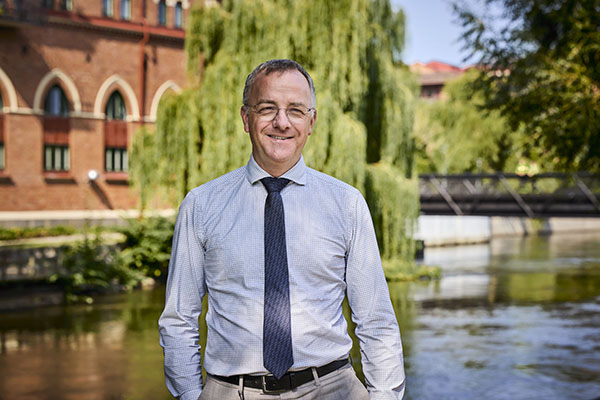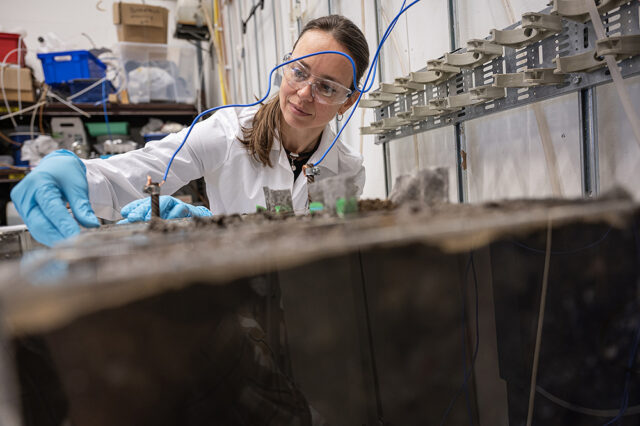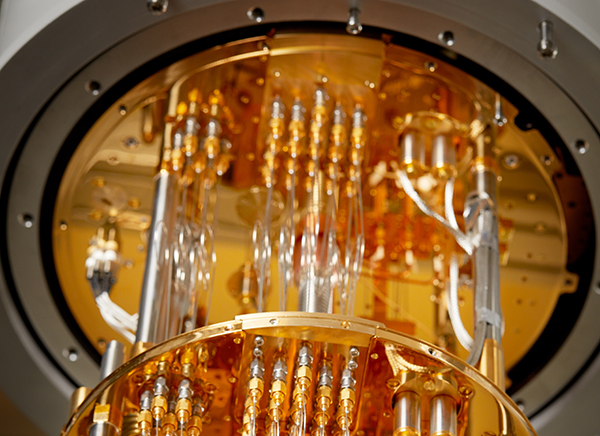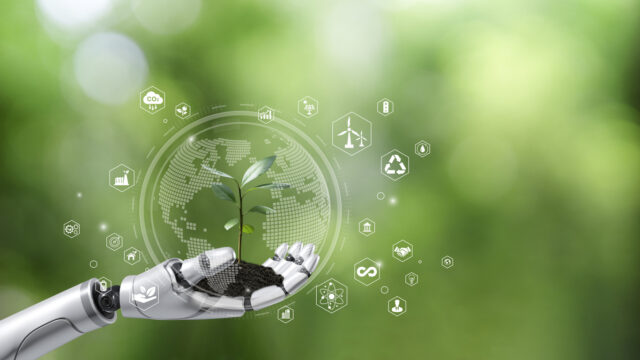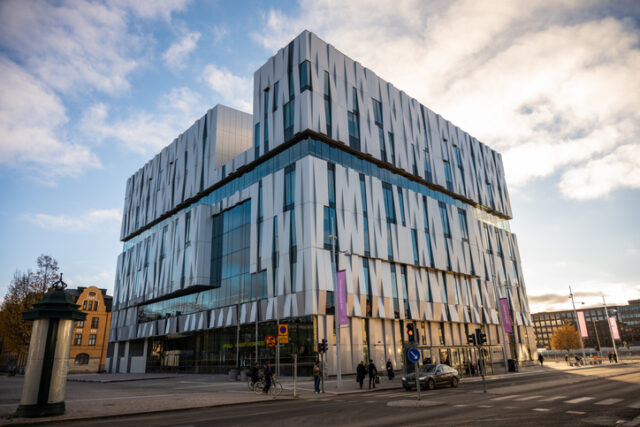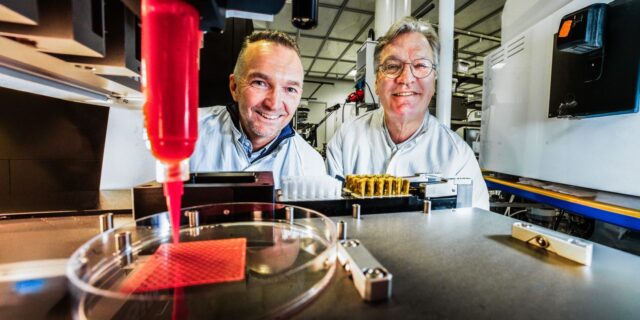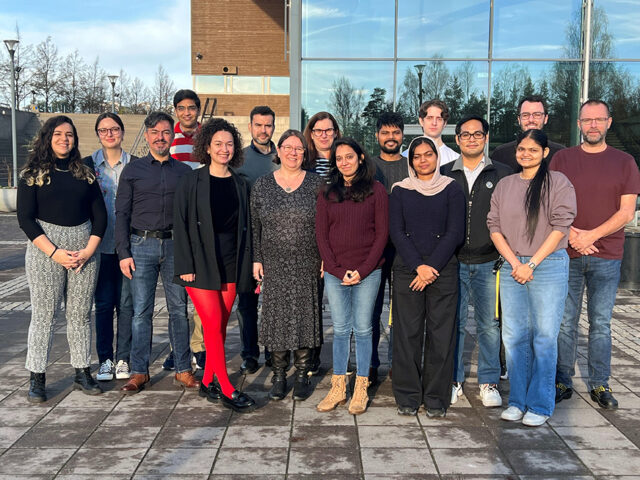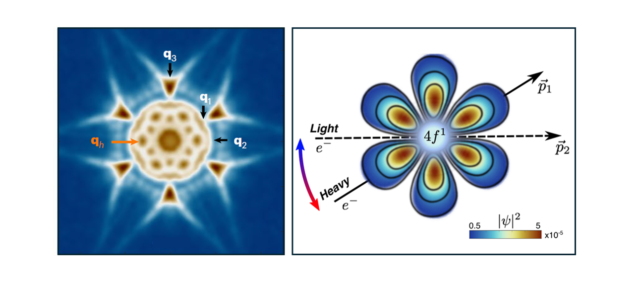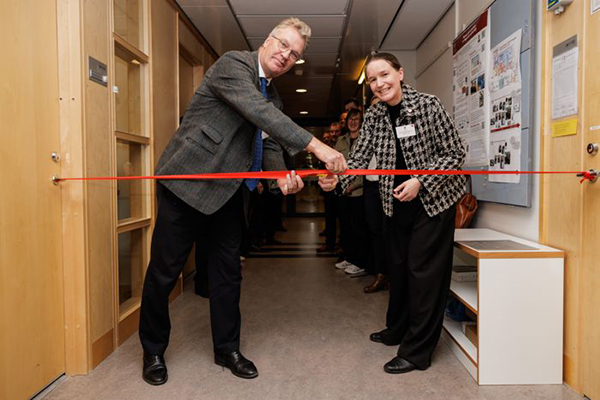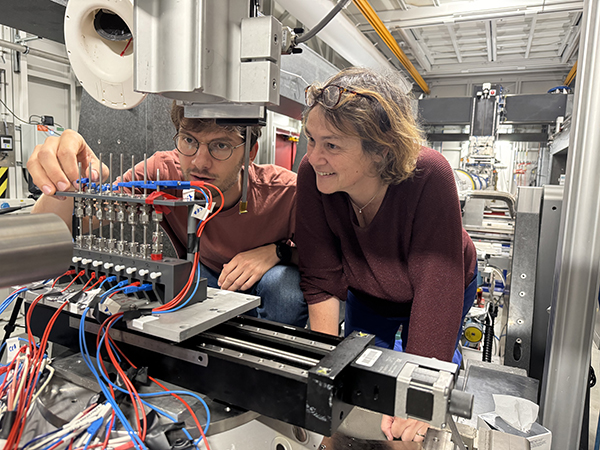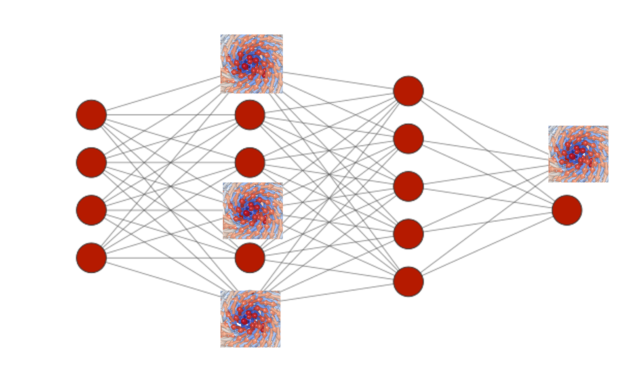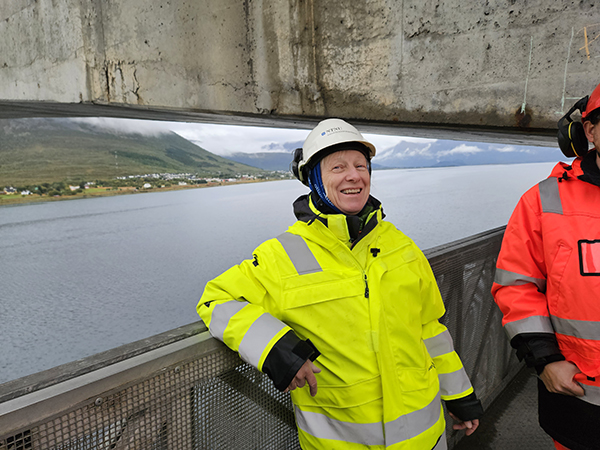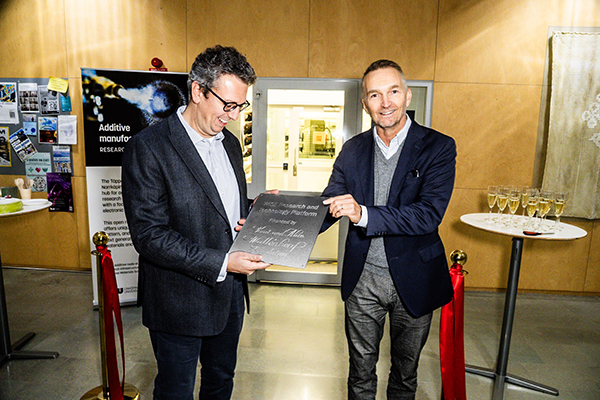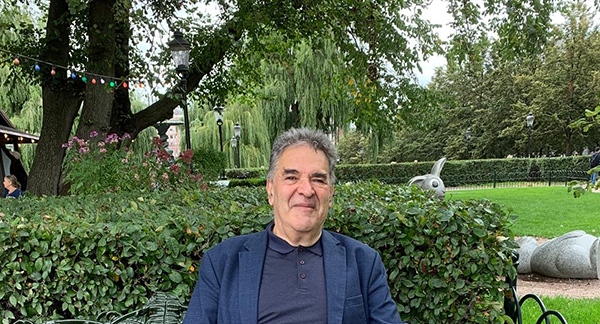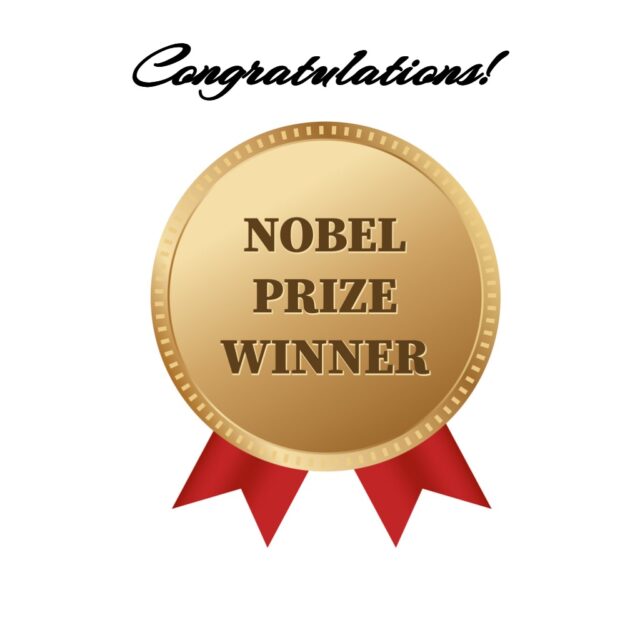This year’s WISE Welcome Meeting is packed with exciting highlights. It will take place at Louis De Geer Konsert & Kongress in Norrköping on 20–21 August. We are delighted to welcome Ange Nzihou, Distinguished Professor of Chemical Engineering at the RAPSODEE Research Center–CNRS, University of Toulouse, IMT Mines Albi, France. Professor Nzihou, a Fulbright Alumnus and non-resident Fellow at Princeton University (USA), will be one of the featured speakers at the meeting. He also holds guest professorships at Zhejiang University (China), the University of Pretoria (South Africa), and Mahatma Gandhi University (India), where he is Chair Professor of Sustainable Energy Materials.
His research expertise spans sustainable carbon-based functional materials, hydrogen and syngas from bioresources, thermochemical processes, and strategies for decarbonization.
We had the chance to sit down with him ahead of the event to discuss some key questions.
Can you tell us about your current research?
My current and main research fields are on the thermal conversion (pyrolysis, gasification, reforming or graphitization) of biomass and waste to biochar, graphitic materials and graphene; hydrogen and syngas ; engineering functionality-driven carbon materials for energy storage, catalysis, depollution and decarbonization.
What are you planning to discuss during the WISE Welcome Meeting?
I’m planning to address engineering of biocarbon allotropes, namely graphitic-like composites, carbon nanotubes and carbon aerogels using catalytic graphitization of raw biocarbons from various biomass. The applications of biocarbons for CO2 storage and batteries will be developed.
What do you think is the role of materials science in the quest to reverse the environmental damage caused by human activity?
To achieve climate neutrality by 2050, research and innovations in energy, transport, manufacturing industry, and sustainable practices globally are crucial. Materials with their ability to accommodate various needs and functionalities play a key role in this transition. Recycling, circular-economy practices, and strategic sourcing are among the challenges to focus on in years to come.

